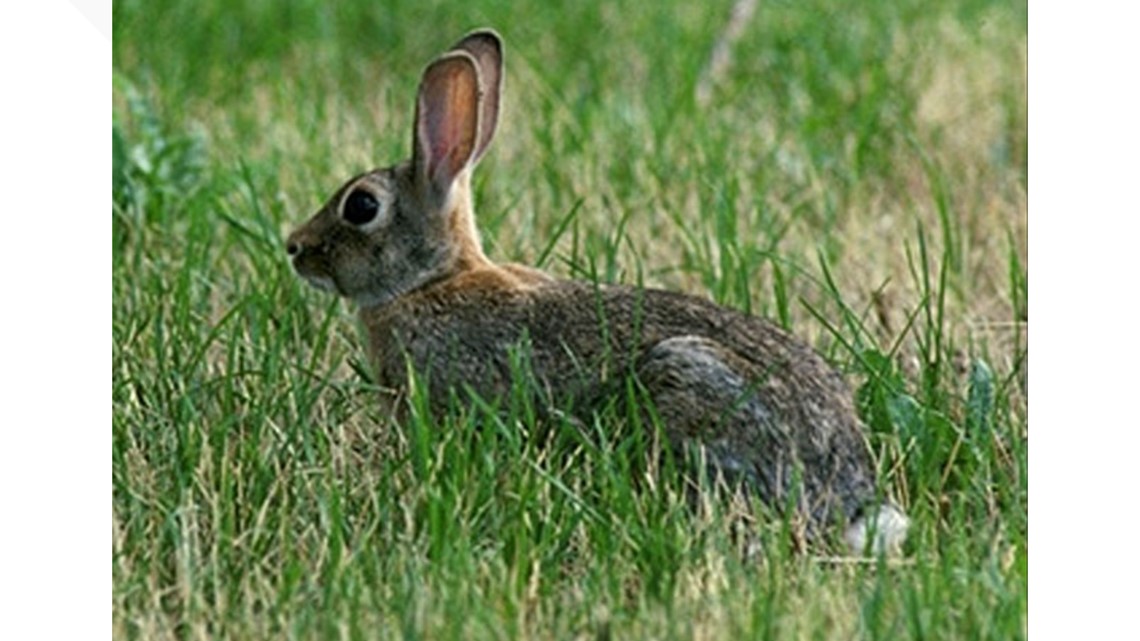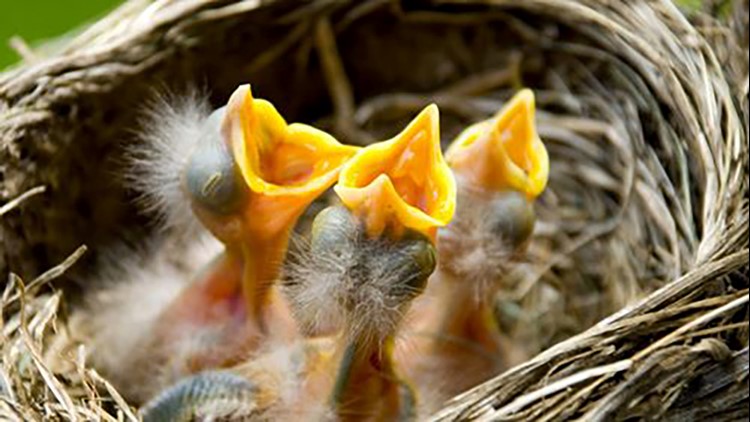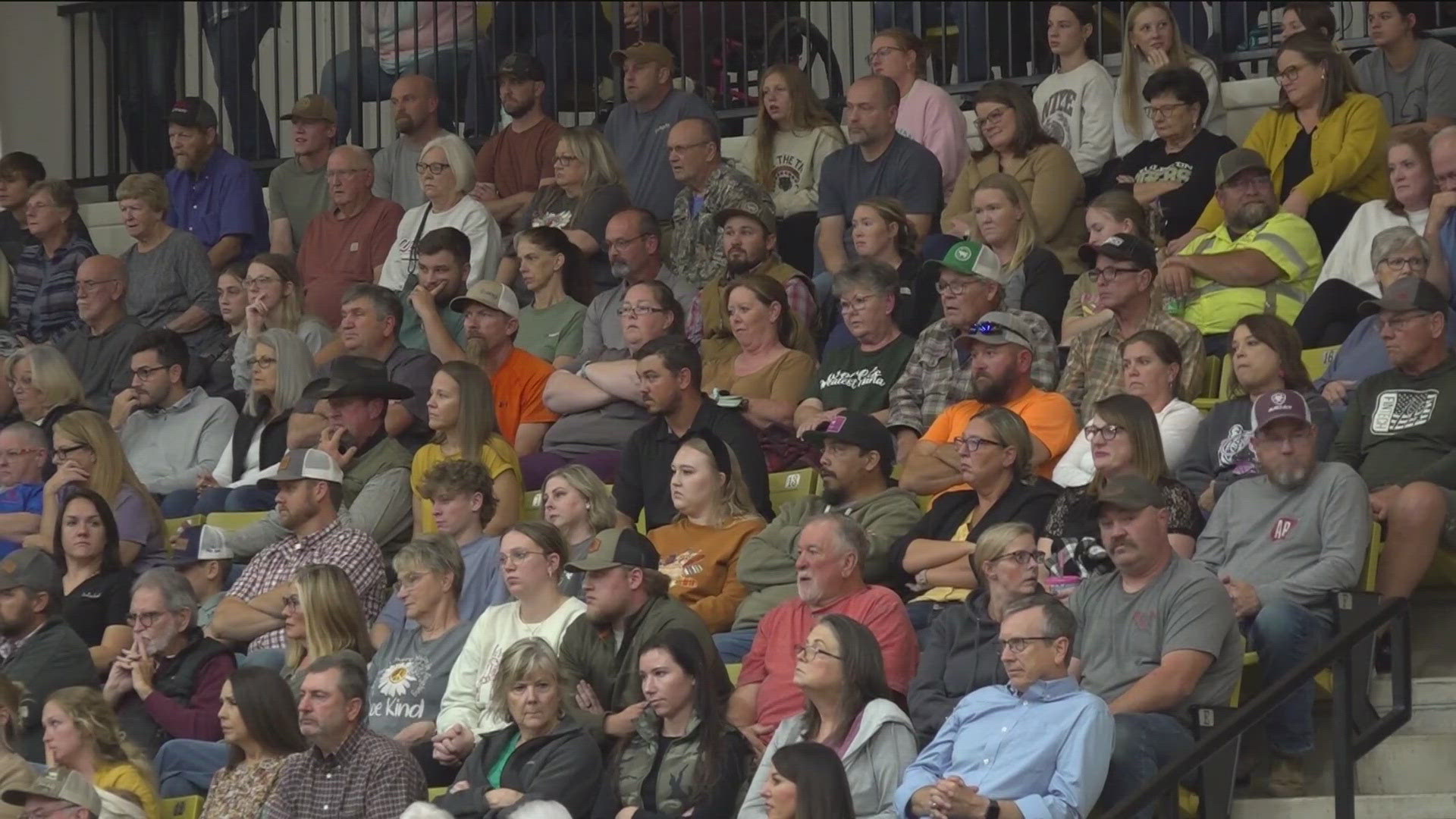FAYETTEVILLE, Ark. — Fayetteville Animal Services say that it is springtime, and they are getting more calls about people spotting baby wildlife and also adult wildlife not seen most of the year and wanting to know what to do.
Often people see a baby animal alone and assume it is abandoned, but that is usually not the case.
Fayetteville Animal Services shared the following information on their Facebook page about what to do and what not to do when it comes to wildlife.
It is very tempting to investigate a young squirrel on the ground or to rush out and scoop up a baby bird you see hopping around on the ground, but often very well-meaning people unwittingly ‘rescue’ animals that are in perfectly normal 'growing up' situations and don't need any help.
Young animals need time to explore and learn about avoiding predators, finding food and getting from place to place.
The parent animals are often not far off (and may be waiting for you to leave the area) and often continue to care for youngsters outside of nests, burrows and dens.
Other animals are on their own from the time they are born (like turtles and tadpoles) and receive no parental care.
Just because it's a baby alone does not mean it's in trouble.
Songbirds, for instance, all jump out of the nest (fledge) when their wing feathers grow in, and they spend a few days hopping about and practicing flying and foraging before they are off on their own completely.
The parent birds continue to feed the youngster on the ground until they learn to feed themselves."
The Humane Society of the United States details what to know about wild rabbits and bunnies here.


They explain that mothers feed baby rabbits only twice a day, at dawn and dusk.
Baby rabbits found alone in a nest are usually not orphans.
If a nest has been disturbed, put it back together and cover the babies with the grass that originally covered them.
To check if the mother is coming to care for them, place several lengths of yarn (small branches work, too) in a grid pattern over the nest.
If the grid is disturbed after the next dawn or dusk, the mother is still caring for the youngsters.
Baby rabbits leave the nest when they're 3 weeks old and about the size of a chipmunk.
If you find a chipmunk-sized but fully-furred rabbit with eyes open, ears erect, and the ability to hop, they are meant to be on their own.
As small and helpless as they may look, they are not an orphan and do not need your help.



